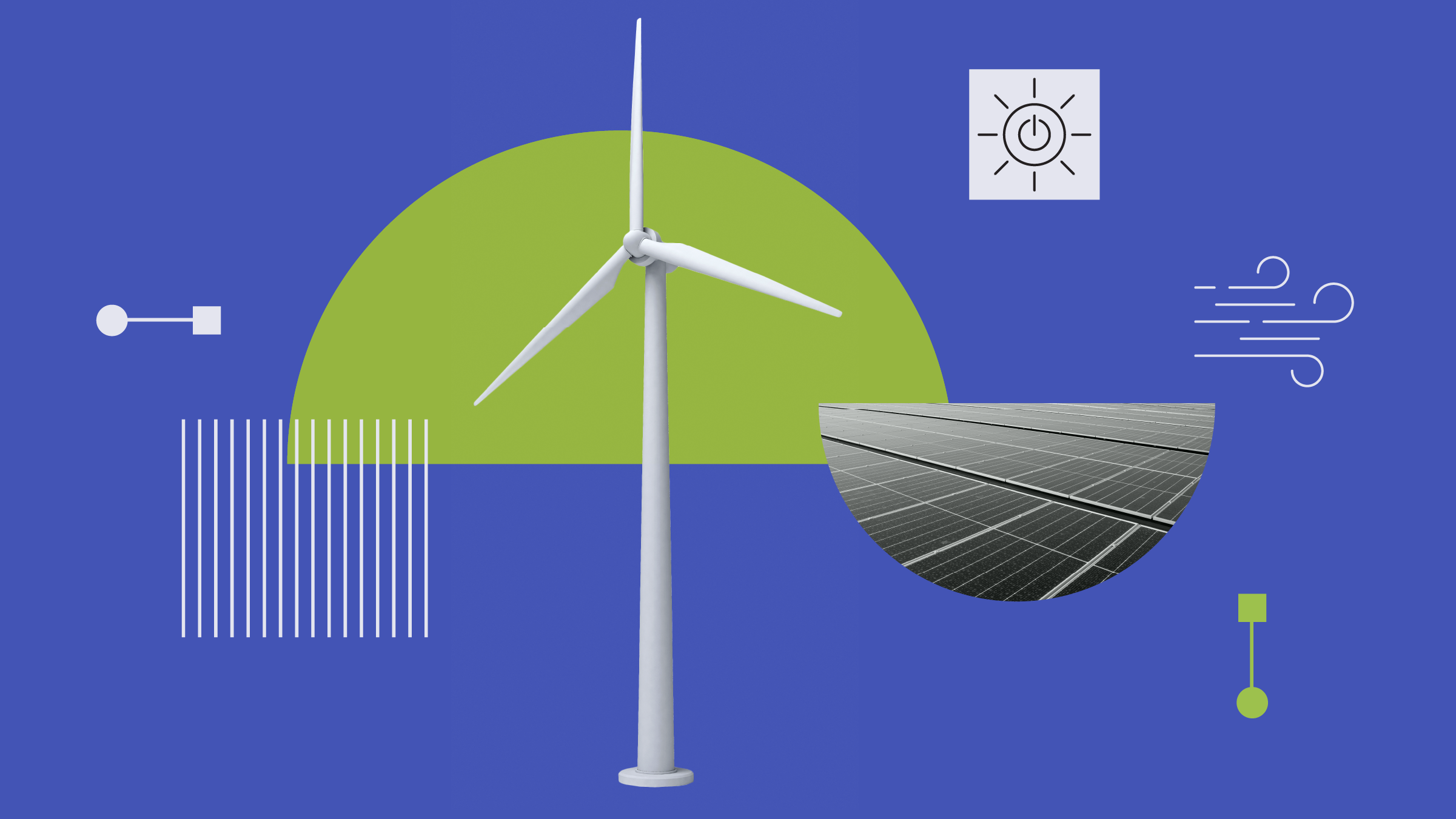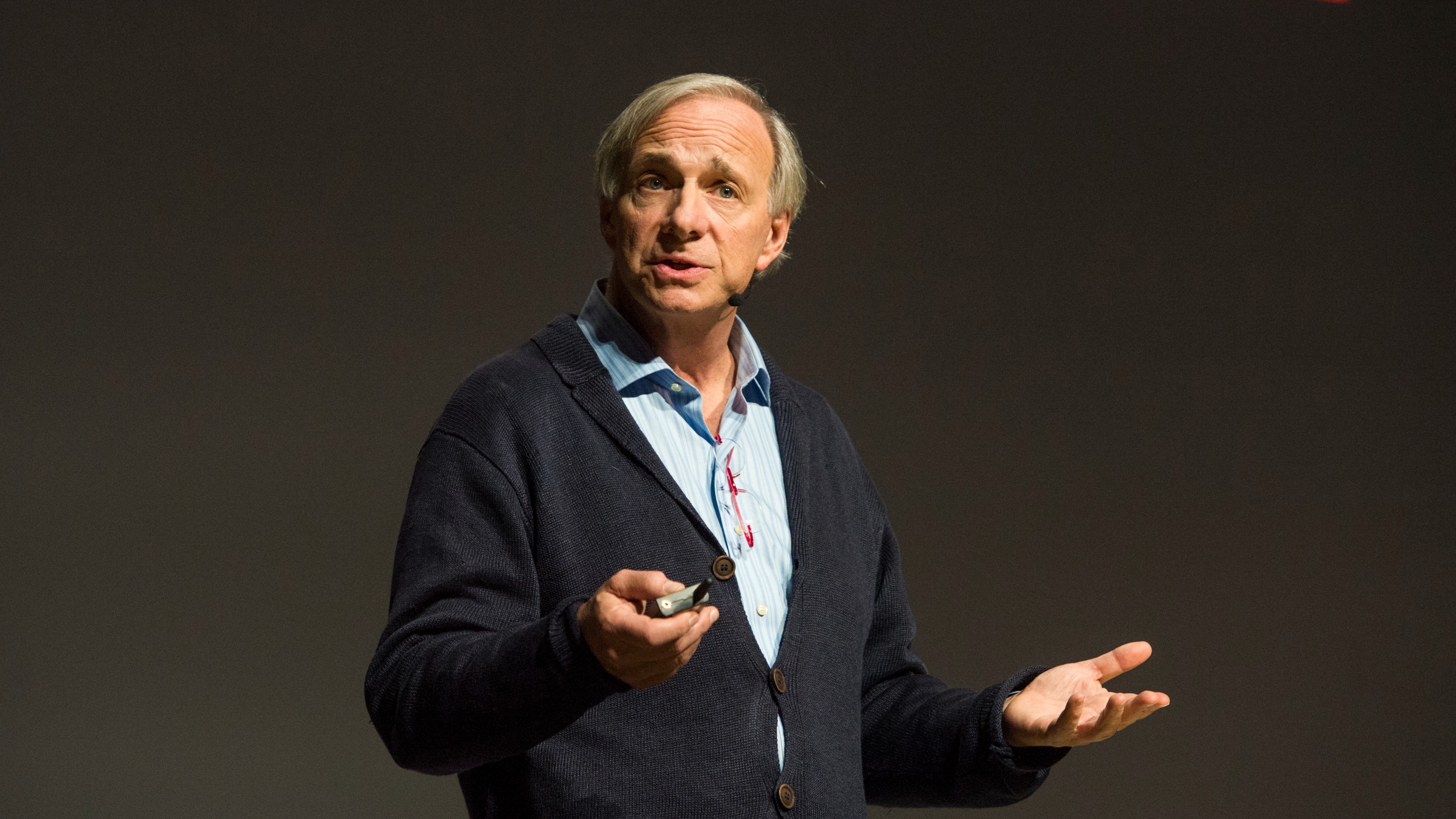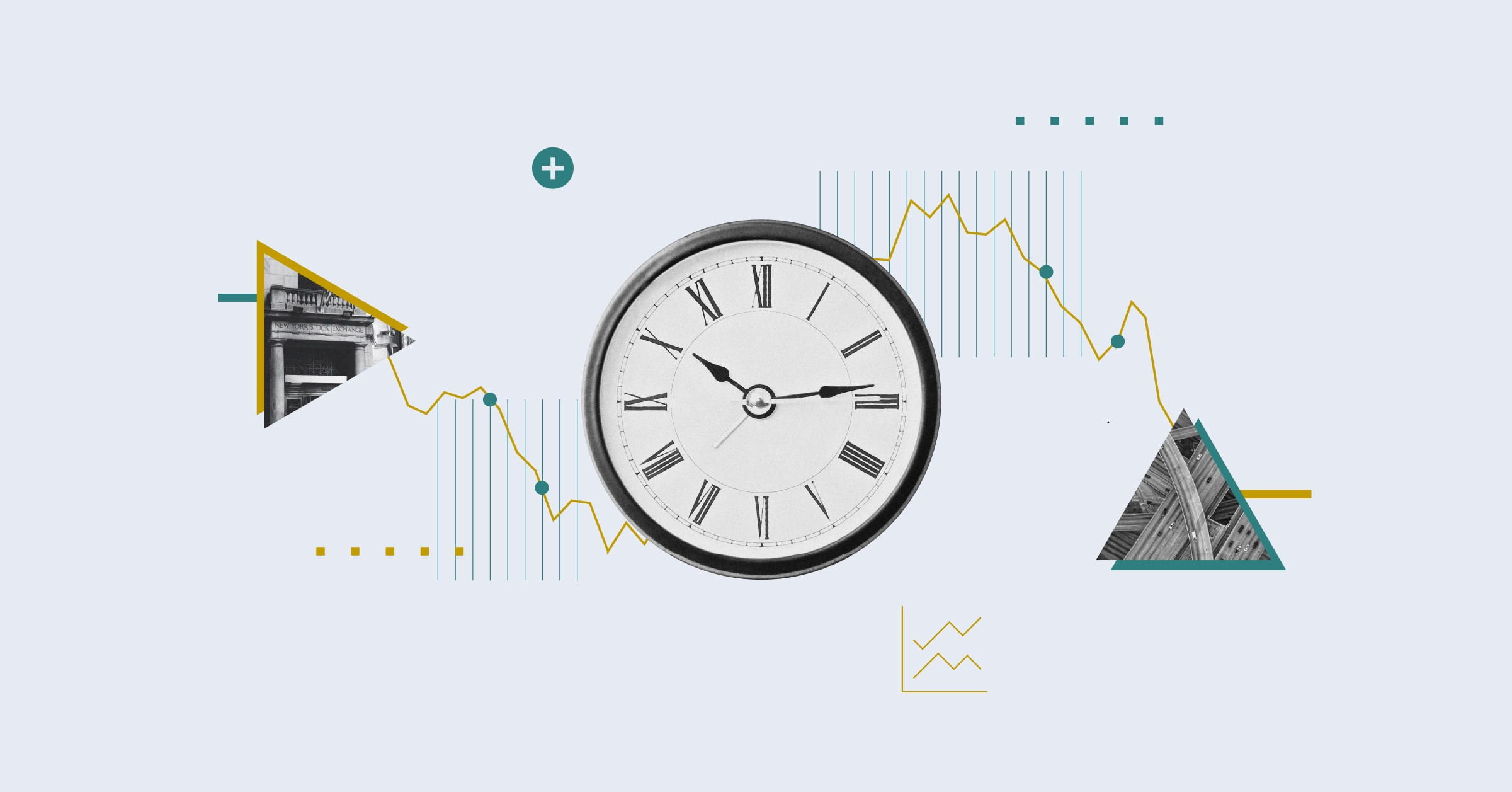
Modern capitalism has been built on a "take, make, waste" model. People buy things, they use them and they chuck them away; then they buy new ones and the cycle goes on, indeed, many companies rely on this disposability. However, this model may be about to change.
The problems of waste are well-documented. China banned foreign plastic waste imports last year, leaving many developed nations looking for a new home for their trash. Much of it has found its way to South East Asia, where huge quantities of rubbish litter the shoreline because countries lack the infrastructure to process incoming waste adequately.
But they too have grown tired of being a dumping ground: in July this year, the Cambodian government said it would return 1,600 tonnes of waste to the US and Canada. Other governments are following suit. The problem of waste disposal is fast reaching crisis-levels and the need for a "circular economy" is becoming clear. But what does this mean for investors?
Waste Not, Want Not
Much of the momentum for defining the circular economy has come from the Ellen Macarthur Foundation. It identifies three main elements to building a circular, as opposed to linear, economy: design out waste and pollution; keep products and materials in use; and regenerate natural systems. This means products need to be designed for a cycle of disassembly and reuse, rather than waste. They need to be created from natural materials and then returned to natural materials at the end of their life. In effect, the circular economy replaces the concept of a "consumer" with that of a "user".
Dr Christine Chow, engagement professional at Hermes Investment Management, says: “A circular economy is focused on sustainability from the outset, through maximising utility of a product and capturing the value of its materials at the end of use by repairing, reusing or recycling it. It requires products to be designed so that their creation, use, and reuse or recycling has minimal impact on the environment.”
She says a truly circular economy calls for businesses not just to maximise recycling and minimise waste but to fundamentally re-engineer their products and services with a so-called "cradle-to-cradle" approach. This also means being efficient in the use of water, energy and materials, reducing packaging and raising recycling rates, and asking consumers to consider sustainability as a critical factor in their purchasing decisions.
It is clear that for some companies this will require a radical change. Danish toymaker Lego, for example, had been under fire for its plastic usage. Its business model had relied on encouraging people to buy non-biodegradable plastic bricks at a time when plastic usage was under increasing scrutiny. Last year, it launched its first sustainable building bricks, made of sugarcane plastic and shaped as plants. It now wants the majority of its production to be sustainable by 2030, manufacturing most of its products and packaging using environmentally-friendly materials. There have been similar measures by groups such as Starbucks to reduce the problems created by disposable cups.
Companies are Adapting
While it represents a headache for those companies that need to adapt to the change, the shift also holds a significant opportunity for those on the right side of it. Recent research from management consultants Accenture found that the potential economic benefits from the circular economy could be as high as $4.5 trillion by 2030. It also makes sound financial sense. As resources become scarcer, their price goes up. Those dependent on them to make their goods face higher costs and that's unsustainable over the long-term.
It has become an important part of the ESG programmes for some of the major asset managers. For example, the BMO Global Asset Management’s responsible investment team has now engaged with 27 companies in the food and retail sectors on their approaches to tackling plastic pollution, pushing them to implement circular economy models and improve recycling infrastructure. It is one of the six major investment areas for the M&G Positive Impact fund, while BNP Paribas has launched a dedicated ETF.
It is important to look at those who may be hit by the change. Unless they can fundamentally reshape their business, companies that rely on the old model - encouraging people to buy more stuff with little consideration of the waste implications - are in peril. Equally, there is likely to be less demand for certain raw materials, which may have an impact on those employed in specific industries. Chemical companies reliant on producing certain types of plastic may see their end market shrink, as could those involved in certain types of packaging. In this way, the move to a circular economy could start to reshape the investment landscape.
Chow says: “From the point of view of resource depletion and pollution, a linear economy is extremely problematic. Plastic has become emblematic of the problems inherent in the traditional consumption-led economic model because its durability and visibility mean we are now literally seeing it everywhere... In a circular economy, plastic products and components are restored and recycled back into the supply chain, improving resource efficiency, waste reduction and maximising recycling.”











:quality(80)/cloudfront-us-east-1.images.arcpublishing.com/morningstar/6BCTH5O2DVGYHBA4UDPCFNXA7M.png)

















